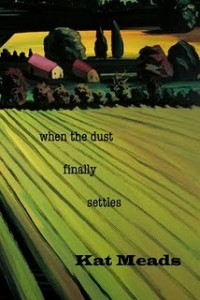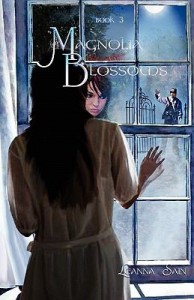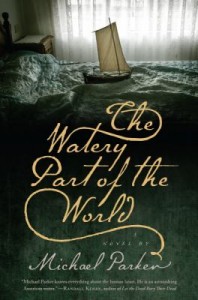The phrase “the night train” has two meanings in Clyde Edgerton’s latest novel. For most people in Starke, North Carolina, this daily event is something to which they give little thought. Accepting the brief clatter, many have trained themselves to sleep right through it. The tracks upon which the train glides divide the small town racially, with Larry Lime Beacon of Time Reckoning Breathe on Me Nolan (so named by his grandmother) being from the black side and Dwayne Hallston being from the white side. Although they live on different sides of the track, Larry Lime and Dwayne forge a friendship that encompasses their shared love of mischief and music – and overlooks race.
For Larry Lime and Dwayne (and anyone else following pop culture in 1963) “Night Train” represents the hottest single on the charts. James Brown’s unbelievable presentation of it on Live at the Apollo prompts Dwayne to envision his band performing a similar rendition on the local television program The Brother Bobby Lee Reese Country Music Jamboree (a show that “people on both sides of the tracks enjoyed”). Fortunately for Dwayne, Larry Lime is musically gifted, especially after taking lessons from a jazz master called The Bleeder, and he instructs his friend on exactly how to move, sound, and look on stage. When Dwayne and his band, the Amazing Rumblers, land a spot on the show, Dwayne and Larry Lime see firsthand how unprepared Starke (and society) is to see a white boy impersonating James Brown. In an age of sit-ins, with the Ku Klux Klan seven miles down the road, and prejudice strong, Dwayne and Larry Lime test the status quo, not afraid to blow like the night train through Starke, North Carolina.
Check this title’s availability in the UNC-Chapel Hill Library catalog.




